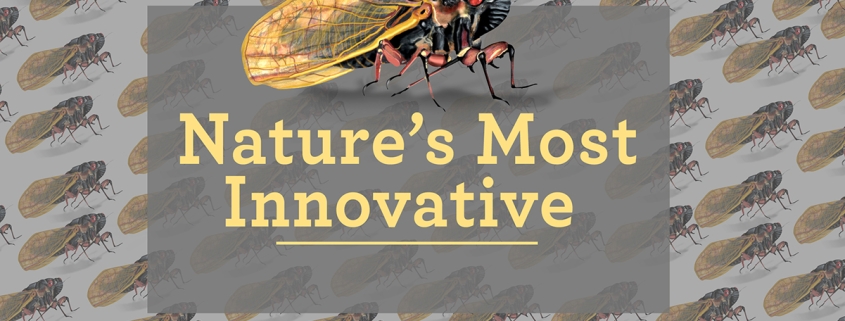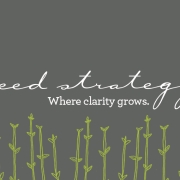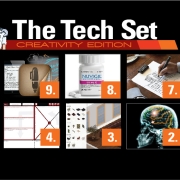Why Cicadas are Nature’s Most Industrious Innovators
For cicadas, being innovative is business as usual
You know what really bugs me?
Cicadas.
Not because they swarm, buzz and fly into things. Not because they leave their lifeless exoskeletal remains ominously clinging to every tree, bush and shrub under the sun. Not because they litter yards, clog gutters and greatly complicate al fresco dining situations.
No. Cicadas bug me because they’re SO good at what they do. As insects go, they’re among the most innovative—and successful—species on the planet. They “do business” a little differently than other bugs, embracing unique strategies for common bug challenges. But they found their niche and they’ve owned it. For roughly 5 million years.
Talk about “staying power” in a competitive market.
So, what can we learn—as human innovators—from the uniquely successful survival strategies of cicadas?
Let’s find out…
1. Find creative ways to reduce overhead.
We all know capital expenses eat into margin. Cicadas? Well, they found an ingeniously simple way of minimizing expenditures: they just go to sleep. Cicadas come out to “do business” just once every 13 or 17 years. And they use (almost) no resources during that time.
Maybe you can’t put your business on hold for the next 17 years. But perhaps there are other ways to parlay downtime into savings?
2. Quantity over quality. Obviously, this is a principle that won’t suit every brand or business model. But it sure works for cicadas! When brood X emerges in the Midwestern U.S. this year, there will literally be trillions of individuals all vying to eat and reproduce. They’re big, clumsy and largely defenseless. But the overwhelming onslaught of… erm… “product” on the market means that large numbers will always be successful, nonetheless.
So how can you reduce the complexities of your products and services to get more on the market, faster?
3. Don’t compete with yourself. While Brood X is the largest of the cicada broods, it’s not the only periodical brood in North America. Different broods operate on different rotations—Brood XIV, for instance, will be here in 2025. So, if we think of each brood as a kind of “product line” under a master brand, we see that each brood is really never competing with the other broods.
How can you find new ways to give your products and services “space” in the market so they don’t compete with each other?
4. Leverage resources that no other competitors can. So how do cicadas survive for almost two decades underground? Well, in business terms, you might say they leverage a “highly disruptive innovation” to accomplish this: specialized bacteria in the cells of cicadas allows them to metabolize the nutrient-poor sap of tree roots. While other insects put themselves at risk to feed, cicadas can safely subsist on a resource that’s meaningless to their competitors.
Okay, tree sap probably isn’t going to get you into Fast Company. But are there less-than-obvious resources you’re overlooking? In your waste stream, perhaps?
5. Give back. Cicadas make a nutrient-rich snack for countless animals and bring unprecedented richness to the soil of North American forests. In turn, the wealth that cicadas impart to the ecosystem only serves to benefit the plants they rely on to survive all those years underground. It’s a win-win for everyone.
Ethical/environmentally responsible practices are always good for business. Consumers take notice and word gets around. When you do things right, everyone benefits.
So, do you have some cool buzz on cicadas? Are there any other interesting facts or parallels to business and innovation we should know about? Shoot me an email or connect with me on LinkedIn—I’d love to hear from you!
Matt Donahue is a Creative Director at Seed Strategy with a keen interest in product innovation and marketing theory. Matt is a graduate of Seton Hill University’s “Popular Fiction” master’s program and writes whenever he can.
Connect with us! Follow Seed Strategy on our LinkedIn, Twitter, Facebook and Instagram pages.












Trackbacks & Pingbacks
[…] parallels about ecology and economy? Check out 5 Things Mockingbirds Can Teach Us About Branding, Why Cicadas Are Nature’s Most Industrious Innovators and Weathering Hard Times, Hog Style—and be sure to stay tuned for the next “eco collab” from […]
Comments are closed.